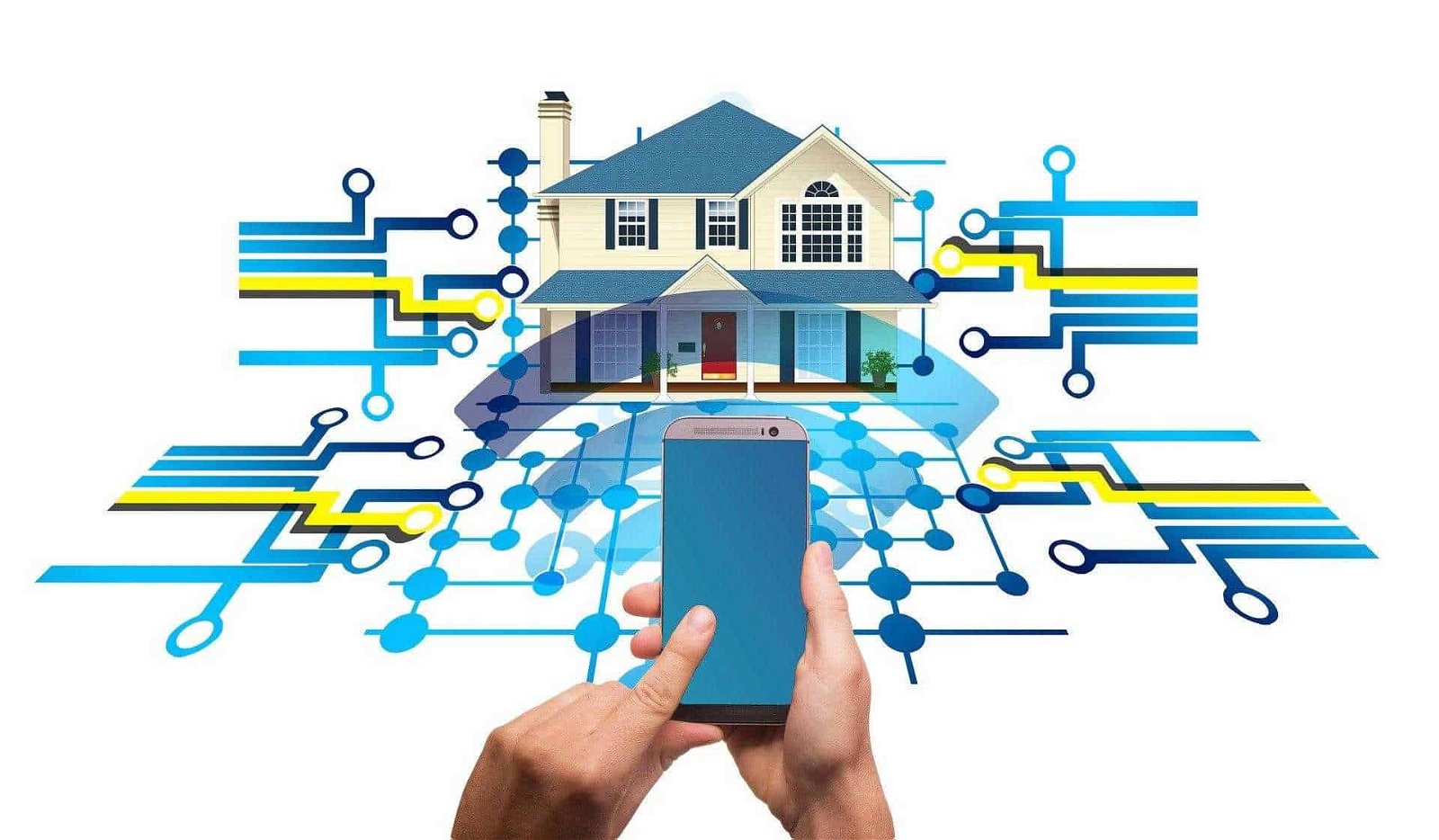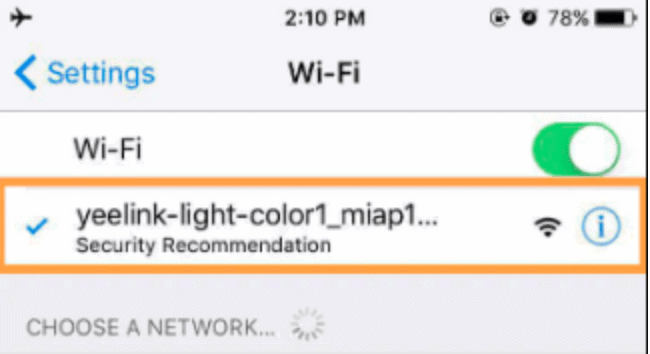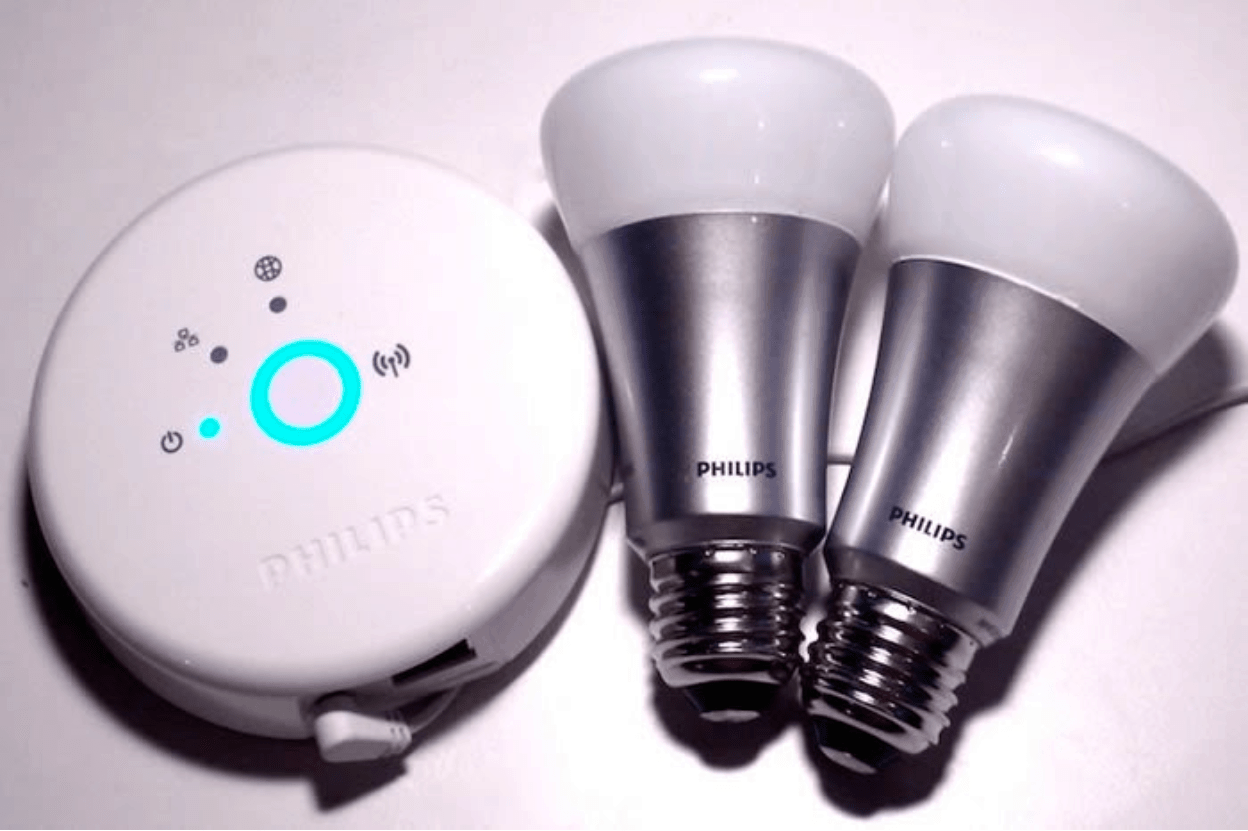Οι έξυπνες οικιακές συσκευές είναι μια από τις πιο όμορφες εξελίξεις στη σύγχρονη τεχνολογία, χωρίς αμφιβολία. Έχουμε τώρα λαμπτήρες, ψυγεία, cameras and many other home appliances that are equipped with smart technology, adding convenience to our lives.

The thing to be aware of is that these devices are often more vulnerable to hacking than any other technology in your home. The malware that infects your computer can discover other devices connected to the network and take control of these devices.
Why do smart home appliances pose a risk to our security?
The primary reason why smart home appliances have such a high security risk is because they often use connectivity Bluetooth ή WiFi, with minimal settings to communicate with the rest of your home network. These smart home appliances are at high risk of packet leakage and intrusion.
Take, for example, smart lighting systems. There are many brands available - Xiaomi Yeelight, Philips Hue, LIFX, Ikea Tradfri. All of these brands operate on the same principle. We install the lamps in a regular socket and then connect them to the WiFi of your house. Once connected to WiFi, we can control them from smartphone us using apps like Google Home, Amazon Alexa etc.

However, there are many security issues with these devices. Let's start with the basics.
When we first turn on these devices, they are prone to piracy. A smart light bulb transmits its SSID without password encryption - literally anyone close enough can connect to the device until we set it to communicate exclusively with our personal WiFi network.
Second, even after configuring our smart device, there are still security flaws we need to be aware of. The lamps Philips Hue, for example, found that they passed API keys in plain text. This means zero encryption.

On this blog, security investigators have shown how they can easily break into Philips Hue bulbs by sending light control commands. Basically, a malicious hacker could easily destroy your home lighting.
While this may be considered a simple malicious prank, things get a lot scarier when it comes to smart surveillance cameras. One family ran into such problems when WiFi-connected Nest surveillance cameras were hacked and began transmitting threatening messages through the built-in speakers. Imagine surveillance cameras in our home being targeted by hackers.
Even worse, because these devices connect to Internet through our home network, they can become botnet devices. It has been done in the past several times. Imagine central bank databases being downloaded from a group of refrigerators connected to ours. You might think it's funny, but it's not.
We could go on with many examples, but honestly, there are so many things we will discover that we will never finish. Just type in Google "smart device hijacking" or "smart fridge botnet" or anything related to the intrusion of smart home devices.

The results include not only stories but also tutorials on how to easily break and tamper with these devices.
How to insure your home appliances
The good news is that there are many ways to secure your smart devices and home network.
- Upgrade everything firmware: Manufacturers of smart home devices regularly release updates for material software, to fix security flaws and bring new features to consumers. You should make it a habit to regularly check and apply updates to these devices.
- Use strong passwords: In most scenarios, hackers can breach smart home devices due to the overall weak security of the network. Make sure your WiFi network has the strongest possible encryption, which means WPA2 encryption, and a password other than your birthday, name, or similar.
- Create an alternative network: It needs some configuration, but you should think hard about creating an alternative WiFi network, such as a guest network or grid, dedicated exclusively to your smart home devices.
Disconnect unused devices: It may seem silly, but do you really need surveillance cameras and microphone-capable music speakers plugged in and connected to your network all the time? Disconnecting these devices when not in use can drive away the anxiety of fear and give you a sense of security that a stranger cannot monitor you through your own surveillance cameras whenever they want.





